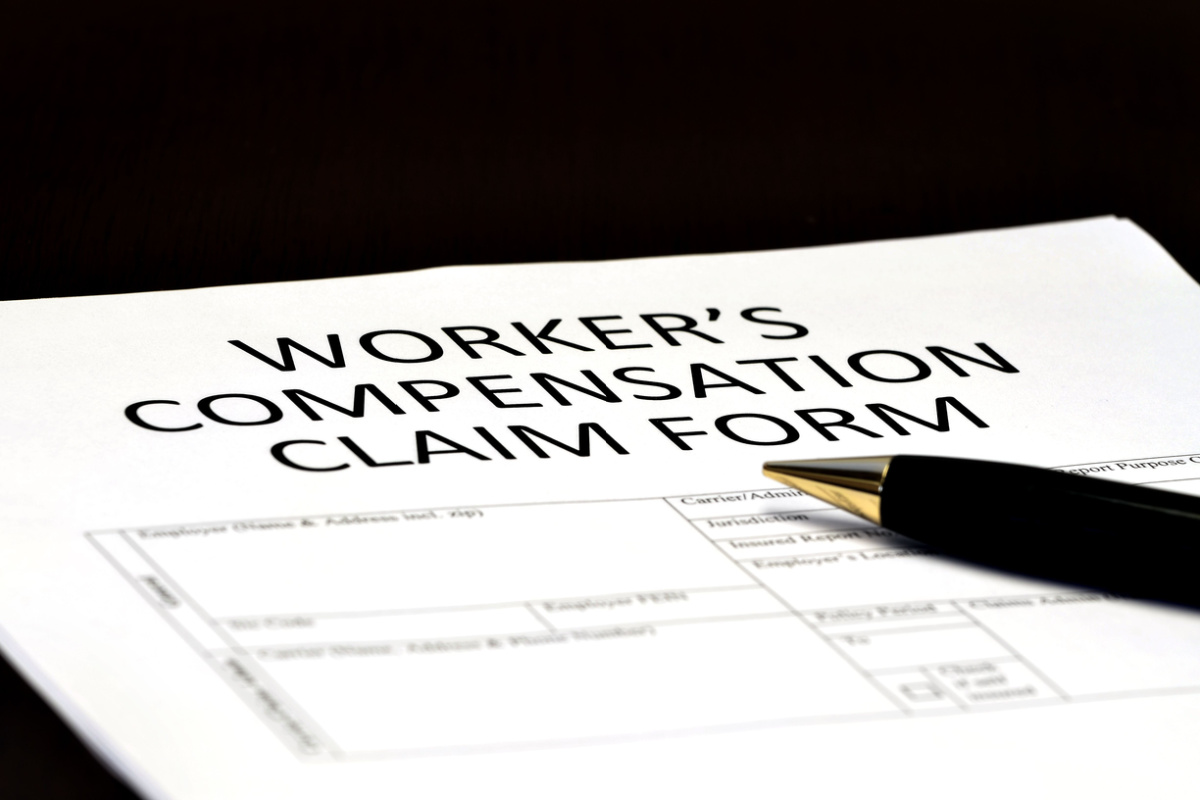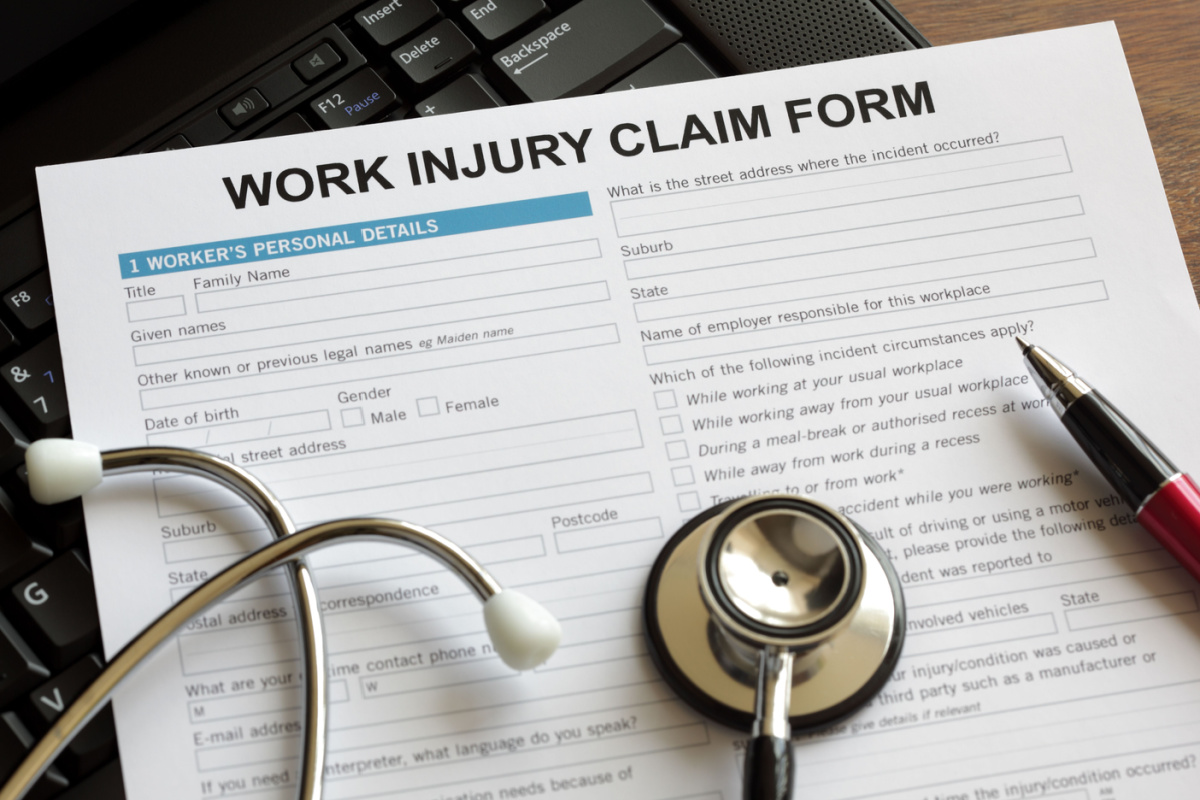
Exposure to asbestos is common in many types of jobs, including construction, factory work, firefighting, and shipyard labor. Exposure to asbestos is a risk factor for lung cancer, and employees can be exposed for years without knowing the risks.
In a landmark case for worker’s compensation, the Iowa Supreme Court has recently overturned previous lower court rulings regarding a lawsuit tied to asbestos exposure at work. The 4-3 decision found a recent Iowa law, aimed at restricting litigation arising from asbestos exposures, does not grant immunity to employers from such lawsuits.
The case revolved around Charles Beverage, who worked at an aluminum plant in Bettendorf and died from malignant mesothelioma, caused by asbestos exposure. His children sued the plant’s owner and the company responsible for installing the asbestos-containing insulation.
In 2017, Iowa enacted a law to direct claims against trusts established in bankruptcy proceedings by asbestos manufacturers, specifying a defendant wouldn’t be liable for exposures from a third-party product. Consequently, a district court judge dismissed the claims against the companies in 2019.
However, the Supreme Court’s majority decision interpreted the law doesn’t apply to workplace safety lawsuits but to liabilities involving multi-component products. Thus, the case can now proceed again in district court.
Understanding workers’ compensation for occupational Illnesses in Iowa requires a clear view of the laws and regulations. In Iowa, workers’ compensation is a system meant to provide benefits to employees who fall ill due to workplace conditions. Occupational illnesses can range from respiratory issues to repetitive strain injuries. When a worker in Iowa experiences a disease related to work, compensation may be available. It includes medical expenses and may also cover a portion of lost wages. The process of claiming these benefits is governed by specific rules and timelines.
Eligibility Criteria for Claiming Compensation for Work-Related Ailments
Eligibility criteria for claiming compensation for work-related ailments in Iowa is a vital aspect for workers to understand. To qualify for compensation, an individual must be an employee under Iowa law, and the illness must be directly related to job duties or environment. Pre-existing conditions might not qualify unless work exacerbates them. Part-time and full-time employees are generally covered, but independent contractors might not be. Proper documentation of the ailment, including medical records and evidence of the relationship between work and the illness, is typically required.
Procedures to File a Claim for Occupational Diseases in Iowa
In Iowa, procedures to file a claim for occupational diseases are well-defined. First, an individual must notify their employer about the ailment as soon as possible. Written notification is often recommended to ensure proper documentation. Next, the employer usually files a report with the Workers’ Compensation Commissioner, detailing the disease and how it is related to the job. Medical evidence, such as doctors’ notes and test results, may be necessary to support the claim. Timelines are an important part of the process; there are specific deadlines for filing the necessary documents. Missing these deadlines can result in a denial of the claim. Once all the necessary steps have been taken and documents filed, the claim will be reviewed, and a decision will be made regarding compensation.
Common Occupational Diseases: An Iowa Perspective
Common occupational diseases in Iowa vary across different industries and job roles. Respiratory issues, for instance, might affect those working in agriculture or manufacturing, where exposure to dust, chemicals, or fumes is common. Hearing loss is another occupational disease, often found in construction or factory settings where noise levels are high. Skin disorders can also be prevalent among workers who frequently come into contact with irritants or allergens. Repetitive strain injuries, resulting from repetitive motions, might affect office workers or assembly line employees.
Legal Rights of Workers: Compensation for Occupational Diseases in Iowa
In Iowa, legal rights pertaining to compensation for occupational diseases are embedded in workers’ compensation laws. Workers who fall ill due to work-related exposures or conditions have the right to seek compensation. Benefits may include payment for medical expenses, rehabilitation, and a portion of lost wages if the illness results in time away from work. Employers are generally required to carry workers’ compensation insurance to cover such claims. However, workers must adhere to certain rules and timelines to maintain these rights. For instance, notifying the employer promptly and providing necessary medical evidence are vital steps in the process.
Employers’ Responsibilities Towards Occupational Health: An Iowa Framework
In Iowa, employers have defined responsibilities towards occupational health. Employers are required to maintain a safe working environment, minimizing risks could lead to occupational diseases. Implementing proper safety measures, providing protective equipment, and educating employees about potential hazards are part of these responsibilities. In case an employee develops a work-related ailment, employers are generally obligated to report it to the Workers’ Compensation Commissioner and provide compensation through insurance. Timely response and adherence to procedures are essential in these cases. Fostering an environment where employees feel comfortable reporting health concerns is also part of an employer’s duty.
Expert Opinions: Legal Insights into Iowa’s Occupational Disease Compensation
Expert opinions provide legal insights into Iowa’s occupational disease compensation, shedding light on a complex area. Professionals in the fields of law, medicine, and occupational safety often weigh in on the factors influencing claims, the interpretation of laws, and best practices for both employers and employees. Medical experts may offer insights into diagnosing and treating occupational diseases, as well as guidelines for establishing a direct connection between the ailment and the workplace. Legal professionals might focus on the understanding of statutes and regulations governing workers’ compensation in Iowa. These expert opinions serve to clarify the landscape of occupational disease compensation, guiding proper conduct and understanding.
Medical Evaluation for Occupational Diseases: An Essential Step in Iowa

Medical evaluation for occupational diseases serves as an essential step in Iowa’s workers’ compensation process. When an employee is suspected of having a work-related ailment, a thorough medical examination is typically required. This evaluation helps determine the nature of the disease, its severity, and the connection between the ailment and the individual’s workplace or job duties. Physicians skilled in occupational medicine usually conduct these evaluations, taking into account medical history, symptoms, work environment, and exposure to potential hazards. Diagnostic tests and assessments may also be part of the process. The information gathered through a medical evaluation not only supports the worker’s claim but also guides appropriate treatment and care.
Common issues include repetitive motion injuries, which can arise from daily tasks and necessitate specialized care and compensation strategies. For those working in more hazardous environments, such as construction sites, the risks may include severe injuries that demand immediate attention and a comprehensive approach to workers’ compensation. It’s vital for employees to report a work injury promptly to ensure that their claim is documented correctly and within the legal time frames. To navigate through the complexities of these claims, workers can benefit from a detailed workers’ compensation guide that provides a step-by-step process for securing their rights and the compensation they deserve.
If you are dealing with a workers’ compensation claim, contact or call us at 515-444-4000 as soon as possible for a free consultation.
Categories

Providing Unmatched EXPERIENCE On Your Case When you find yourself in a situation where you’ve been treated unfairly or you’re in the middle of a legal disagreement, it can be difficult to know what your rights are and how to proceed.







